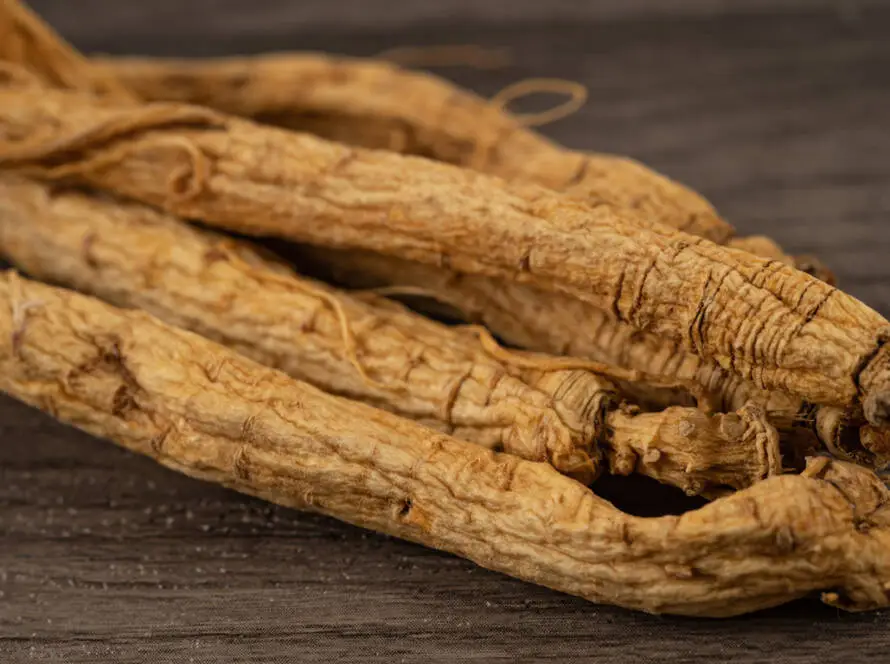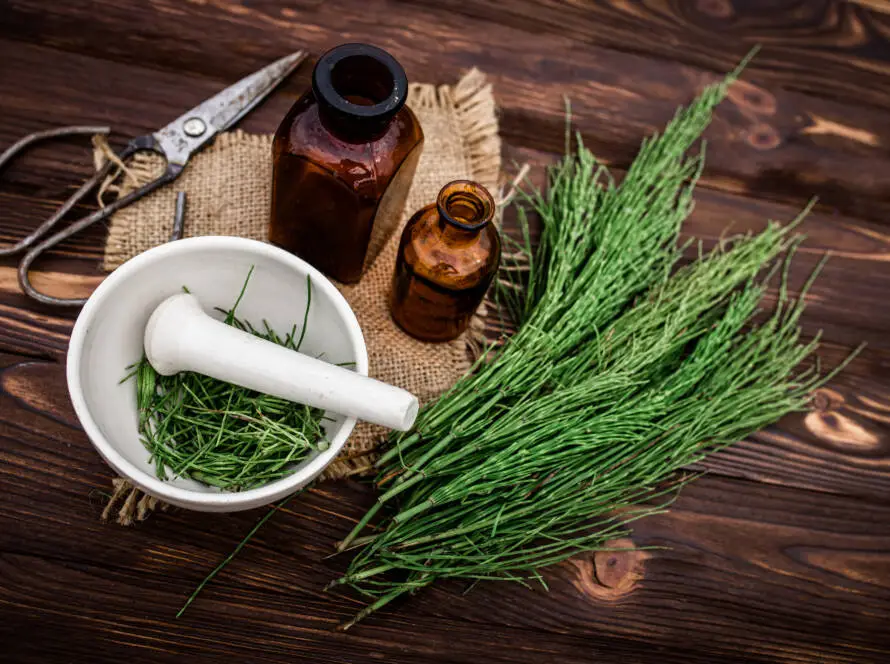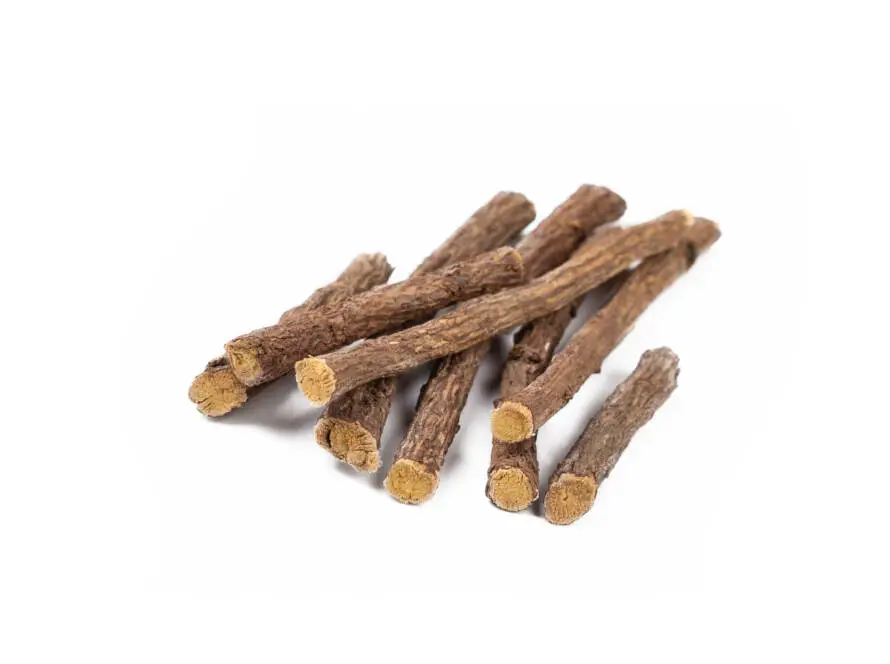Shiitake Mushrooms
Introduction
Reishi mushrooms, known scientifically as Ganoderma lucidum, are purplish-brown fungi characterized by a long stalk, brown spores, and a shiny, fan-shaped cap. They typically grow on decaying wood or tree stumps, favoring species like the Japanese plum tree and oak. Native to China, Japan, and North America, reishi is cultivated in various Asian countries, although the cultivation process is complex and lengthy. For over 4,000 years, reishi has been a staple in traditional Chinese medicine, used to treat conditions such as fatigue, asthma, cough, and liver ailments and promote longevity. The Chinese term “lingzhi” translates to “herb of spiritual potency,” while the Japanese name “mannentake” means “10,000-year-old mushroom.” Reishi’s medicinal use is documented in ancient Chinese texts, with cultivation beginning in the 1980s. A survey in Hong Kong indicated that Ganoderma lucidum is one of the most commonly used herbal preparations among preoperative surgical patients.
Common Names
- Reishi
- Ling Chih
- Lingzhi (Ling Zhi)
- “Spirit Plant”
- Ganopoly
Latin Name
Ganoderma lucidum
Uses
The polysaccharide content of reishi mushrooms is believed to contribute to their potential anticancer and immunostimulatory effects. Additionally, reishi may offer hepatoprotective properties, antiviral activity, and benefits for the cardiovascular system, as well as for conditions such as rheumatoid arthritis, chronic fatigue syndrome, and diabetes. However, there have been few clinical trials to substantiate these claims.
How It Is Used
The Pharmacopoeia of the People’s Republic of China recommends a daily intake of 6 to 12 grams of reishi extract. Ganopoly, a polysaccharide extract from Ganoderma lucidum, has been used in clinical trials at doses up to 5.4 grams daily, equivalent to 81 grams of the fruiting body, for 12 weeks.
Scientific Evidence
- Clinical trials involving patients with advanced cancer have been conducted, though not all studies are randomized and blinded.
- In one trial, 80% of cancer patients reported increased cellular immunity indices after taking Ganopoly.
- Another trial indicated that 65% of patients experienced an improvement in quality of life.
- Some studies suggested that Ganopoly might help reverse the immunosuppressive effects of chemotherapy and radiotherapy.
Side Effects and Cautions
Currently, there are no well-documented side effects associated with reishi mushrooms.
Sources
- Drugs.Com
- Wikipedia
Disclaimer
The information I’ve shared about herbs is for educational purposes only and is not meant as medical advice. While many herbs have been traditionally used for their potential health benefits, individual responses may vary, and the effectiveness of herbs can depend on various factors, including personal health conditions and interactions with medications. It is essential to consult with a qualified healthcare professional or a licensed herbalist before using herbs for medicinal purposes or making significant changes to your health regimen. This information should not be considered a substitute for professional medical advice, diagnosis, or treatment.


